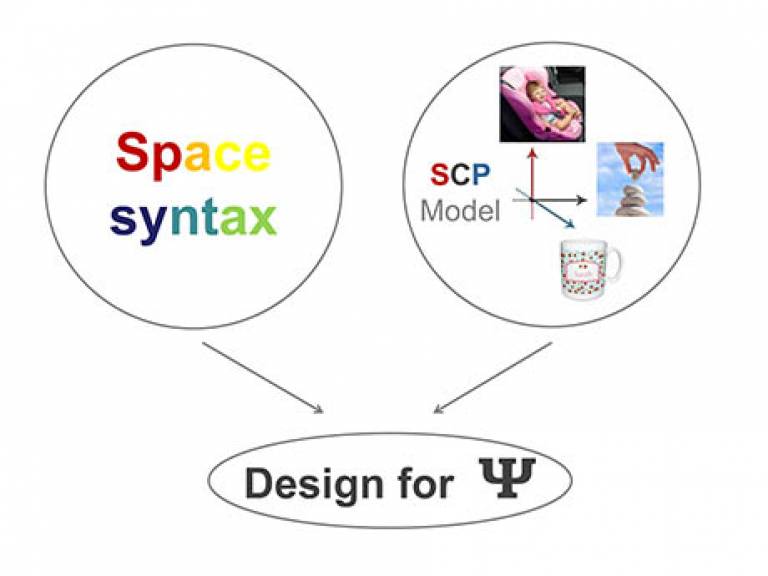
Overview
This two-year project is funded by a Marie Curie Fellowship from the European Commission Horizon 2020 programme. The project examines the environmental mechanisms that influence the social and personal milieu of psychiatric space, considering how the environmental needs of the mentally ill are met by healthcare facilities. The research will use space syntax methods in combination with a patient focused model for the evaluation of psychiatric environments to study a range of mental healthcare facilities in community settings.
People
Dr Evangelia Chrysikou
View Evangelia's profile
Send Evangelina an email
Prof Alan Penn
View Alan's profile
Send Alan an email
Outputs
Events
The project outcomes throughout the period of this research will be presented at lab and interdepartmental meetings on a regular basis, as well as national and international scientific conferences in architecture and healthcare, such as the meetings of the Space Syntax Network, the International Academy of Design and Health, the European Psychiatric Association, Architects for Health, Designers for Health, Congress for Healthcare Management and Economics, UIA Health and the Designers for Mental Health, as well as related mental health charities.
Policy
The timely involvement of the bodies mentioned above in the research –as audiences—will enable valuable feedback and the authorization later of the framework of European Guidelines.
Civil society
The NHS facilities participating in the study will receive copies of results, publications and other dissemination activities. Also the research will be registered on NIHR Clinical Research Network Portfolio.
Academic
Mentoring of undergraduate, master and PhD students, attending training, publishing at peer reviewed scientific journals.
Impact
- Mentally ill people have great difficulty to sustain a normal life, face social stigma and form a significant percentage of the chronically homeless population. By means of this project, the researcher will promote her expertise in this area of enabling space and social inclusion and given the novelty of the project, would contribute to enhance the creativity and scientific excellence of European research, increase the quality of life of mentally ill people and allow, through the increase of their capacity for independent living and potentially to their return to employment, to contribute to European economy and society.
- This project will produce long-term synergies between European Universities, contributing to the creation of a European Higher Education Area. This makes a strong contribution to the broad aims of improving educational quality and increasing the attractiveness of Europe’s universities to overseas students and graduates.
building health
 Close
Close

